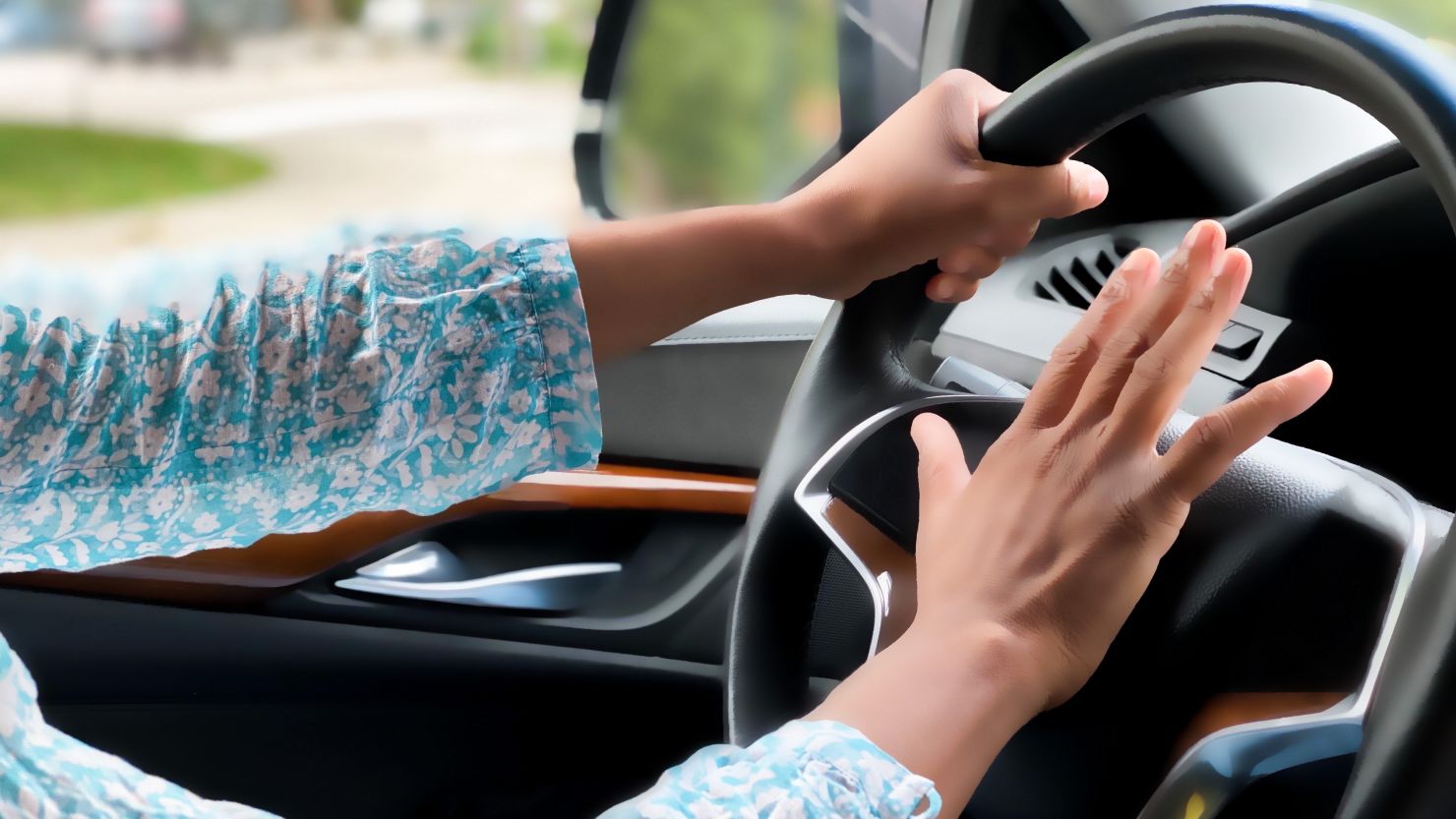Drivers swerve erratically while on their phones or dart dangerously around other cars. The blare of horns keeps you on edge as traffic backs up. It’s enough to test anyone’s patience.
In some cases, these feelings may lead to road rage, aggressive driving that’s caused from stress or anger behind the wheel.
It often happens when drivers feel slighted, such as another car abruptly cutting them off, said Ryan Martin, psychology professor and associate dean for the College of Arts, Humanities, and Social Sciences at the University of Wisconsin-Green Bay.
Some people express their anger on the road such as speeding around a car or pulling over to get into a fight, said Martin, author of “Why We Get Mad: How to Use Your Anger for Positive Change.”
“Because they’re angry, frustrated and irritated, they make worse decisions than they would otherwise make,” he said, “and all of those bad decisions can lead to accidental injury, harm or death.”
Others bring the stress that they’re feeling at home or work while driving, and something small can trigger them to drive aggressively, said Emanuel Robinson, a psychologist and practice lead and senior research scientist for the Center of Human Performance and Safety at Battelle. The organization is a nonprofit that focuses on applied science and technology research.
The power of anonymity
Many drivers feel they are anonymous on the road, which leads them to take actions they would not otherwise do, Robinson said.
“A person wouldn’t just walk to the front of a line he just got into,” he said. “It would be very unusual.”
Oftentimes people adopt a persona while driving that is more aggressive and ruder than what is socially acceptable because they don’t think they’re identifiable and they won’t see the other drivers again.
Drivers can also have a false sense that certain actions, such as slamming on brakes to slow down and then speeding away, are easy and safe to do, Martin said.
“The irony is that it’s not safe at all,” he said, “and there are very real consequences that can emerge.”
Calming your road rage
When angry, you often have a difficult time looking at a situation from a different perspective, Robinson said. In those moments, start by taking a deep breath and not responding immediately, he said.
There is also this notion where you assume the worst in others and blame their personality, Robinson said, versus attributing flaws in yourself to outside factors.
“This person cut me off because they’re a bad person,” he said. “But if I cut someone off, I made a mistake.”
Listening to calming music or podcasts while driving can be relaxing as well, Robinson said. It’s difficult to get angry when enthralled in a podcast because you’re focused on listening to it, he said.
Lastly, if traffic jams on highways create anger and stress, try taking an equivalent route on local roads with fewer cars if possible, Robinson said.
Planning ahead
If you notice a pattern of aggressive driving, you should come up with coping strategies before hitting the road, Martin said.
“Driving is one of the worst times to try and deal with your anger because you’re not thinking clearly,” he said.
Drivers can plan out how they’re going to react in advance, Martin said. For example, if another driver cuts them off, they’re going to tell themselves they’re the kind of person who lets it go, he said.
Additionally, leave earlier when driving to a destination to limit the stress that can come from running late, Martin added.
If you find yourself behind schedule, take deep breaths and avoid thoughts such as, “The traffic is going to ruin my day,” he said.
“Yes, this is frustrating, but it’s actually only going to delay me,” Martin said to tell yourself, “and that’s not the worst thing in the world.”






